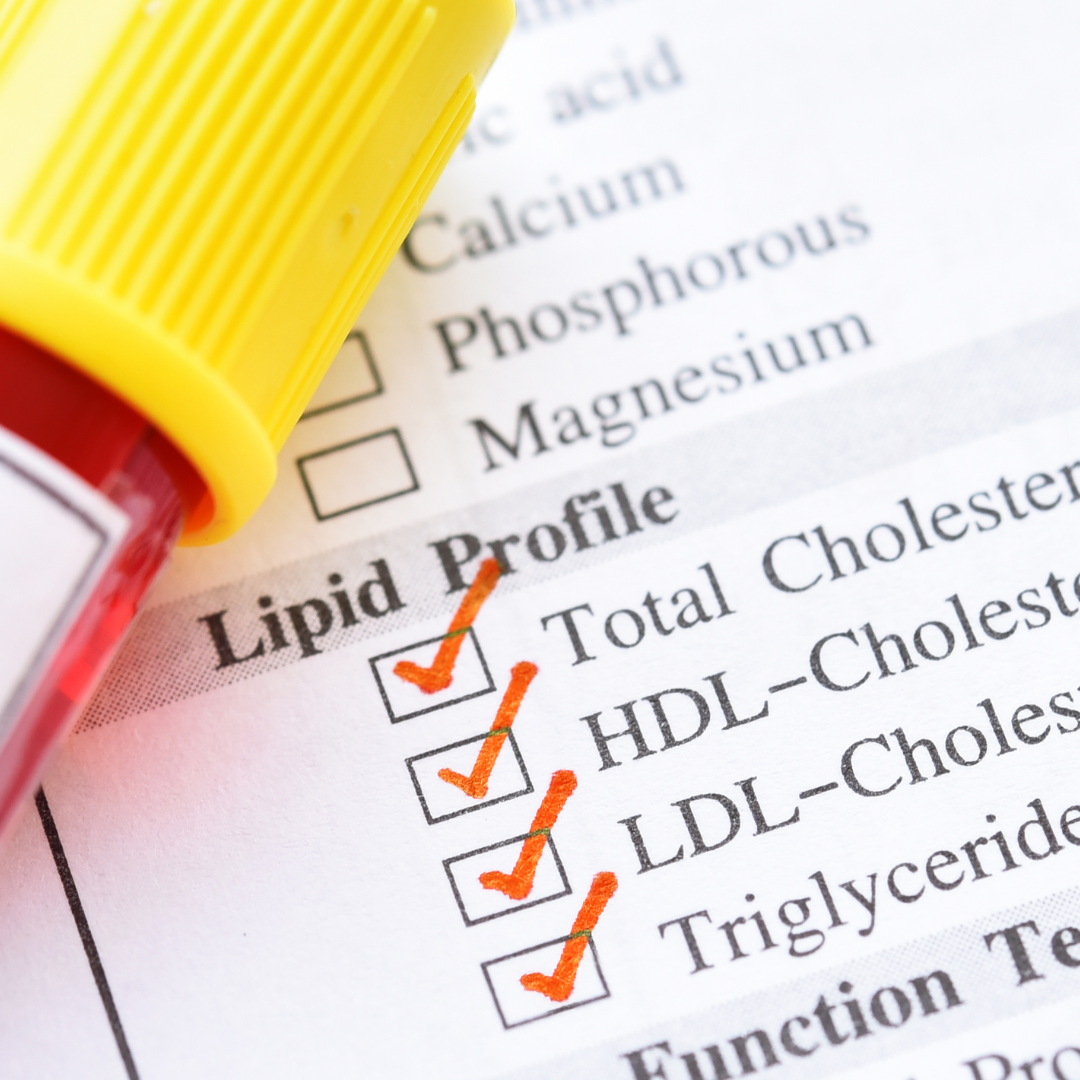Texas Diabetes & Endocrinology is pleased to welcome Dr. Mauli Shah to our team of endocrinology experts.
Dr. Shah is board-certified in Internal Medicine and will be treating the full scope of endocrine disorders including diabetes, thyroid issues, osteoporosis, and promoting heart disease prevention out of our Round Rock clinic.
She joins us most recently from working as a hospitalist and completing her fellowship in Endocrinology at Baylor Scott and White in Temple, TX.
Dr. Shah loves practicing endocrinology as she says “it allows me to meet all different kinds of people and help them understand complex hormonal issues.”
“It’s a very satisfying field because we can see immediate results after starting treatment,” she adds.
Dr. Shah was born and raised in southern California and earned her undergraduate degree from Rensselaer Polytechnic Institute in New York. She remained in New York to attend medical school at Albany Medical College and then returned to California for her Internal Medicine residency training at Kaiser Permanente Los Angeles Medical Center.
When asked why she was excited to join our practice, Dr. Shah shares that “everyone I have met from the staff to the other providers are very personable and great to work with.”
She describes her patient care philosophy as follows:
Every patient should have control over their own medical care with the advice of their physician. Care should be tailored to every individual and their own unique needs and lifestyle. Doctors should be seen as advocates for their patients.
Dr. Shah likes to emphasize to her patients that they should always be comfortable, open, and honest with her and other physicians, as they are only here to help heal and never to judge.
Outside of work, Dr. Shah enjoys spending time with her children and husband and also enjoys yoga, watching movies, and traveling. She loves that Austin shares the same warm and sunny climate as her home state of California, where all of her sisters and parents are practicing physicians as well.
Contact Us to Help Manage your Diabetes and Thyroid Conditions
If you’d like to schedule an appointment with Dr. Shah or one of our specialists at Texas Diabetes & Endocrinology and discover how our diabetes services and other endocrinology services can help you lead a full and active life, please contact us at (512) 458-8400 or request an appointment online.
Don’t forget to follow us on Facebook and Instagram and check back with us each month as we provide you helpful wellness and health information.



